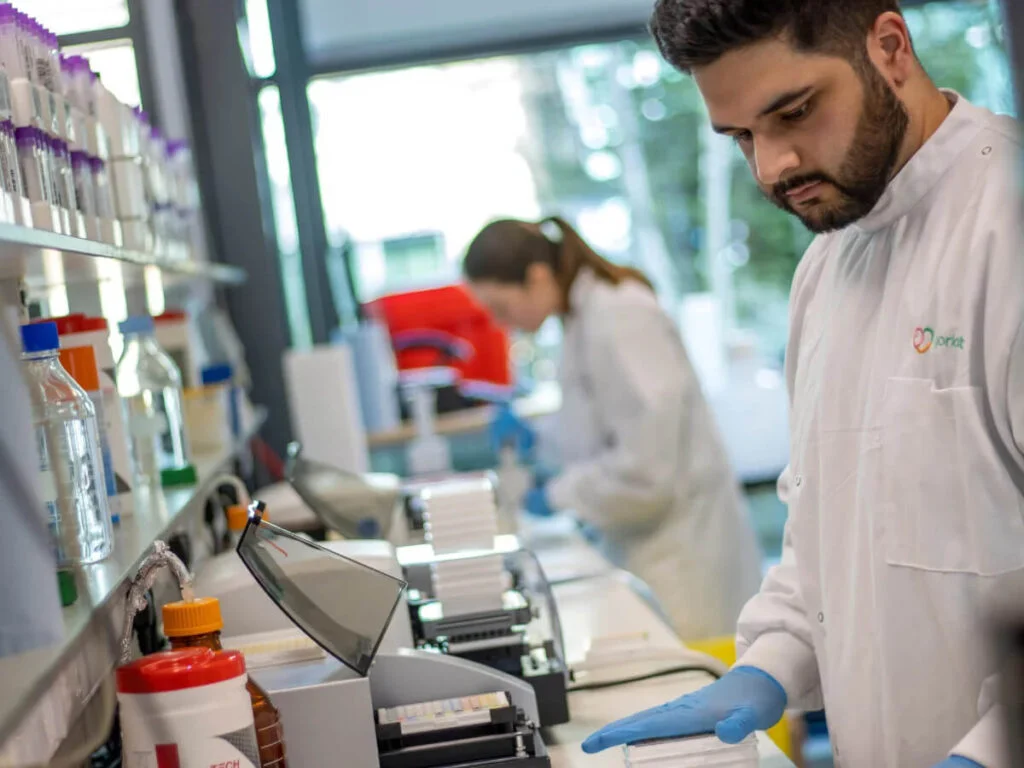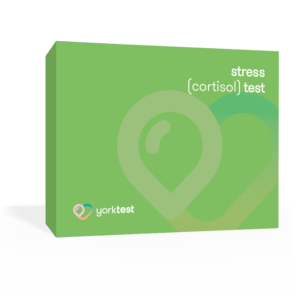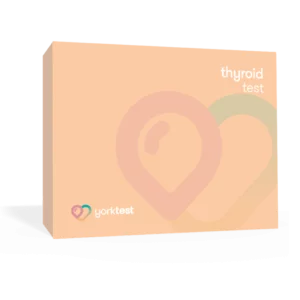What is the Gut Microbiome?
The gut microbiome refers to the trillions of microorganisms – including bacteria, viruses, fungi, and other microbes – that reside in the digestive tract. These microorganisms play a huge role in our health, including our immunity, digestion and even mental health.
Gut bacteria help to break down food, aiding in the digestion process and the absorption of nutrients. They produce enzymes that our bodies can’t, allowing us to digest complex carbohydrates, fibres, and proteins efficiently.
The gut microbiome also helps to protect us against harmful pathogens by outcompeting them for resources and producing antimicrobial substances. A healthy gut microbiome can reduce the risk of infections and inflammatory diseases.
There’s also a strong connection between the gut microbiome and mental health, often referred to as the “gut-brain axis.” Gut bacteria produce neurotransmitters such as serotonin and dopamine; both are needed for mood regulation. An imbalance in the gut microbiome has been linked to mental health issues like anxiety, depression, and even neurodegenerative diseases.
The Science Behind Gut Microbiome Testing
Gut microbiome testing is a scientific method that’s used to analyse the composition and function of the microorganisms that live in the digestive tract. Here’s a closer look at how these tests are conducted and the types that are available on the market.
How Microbiome Tests Are Conducted
Stool Samples
The most common method for gut microbiome testing involves collecting a stool sample. This sample contains the microorganisms from the gut. These are then analysed in a laboratory. In the UK, several companies offer microbiome testing kits that can be used at home and sent back to a lab for analysis. The NHS offers stool sample testing for example for Bowel Cancer Screening.
DNA Sequencing
Once the stool sample is collected, DNA sequencing techniques are used to identify and quantify the different types of bacteria and other present microbes. Advanced technologies – such as 16S ribosomal RNA sequencing or whole genome sequencing – allow scientists to determine the specific strains and their relative abundance within the sample.
Types of Microbiome Tests Available in the UK
16S rRNA Gene Sequencing
This method focuses on a specific region of the bacterial 16S ribosomal RNA gene. It is cost-effective and widely used for identifying bacterial composition at the genus level. Several UK-based companies, such as Atlas Biomed and Healthpath, offer 16S rRNA sequencing services.
Whole Genome Sequencing (WGS)
WGS provides an analysis by sequencing the entire genetic material of all microorganisms in the sample. This method gives insights into the specific strains and their potential functions, but is more expensive and complex than 16S rRNA sequencing.
Metagenomic Sequencing
Metagenomics goes beyond identifying the types of microbes that are present by also analysing their genetic functions and potential interactions. This process gives a better understanding of the microbiome’s functional capabilities, but requires advanced expertise. The Quadram Institute in Norwich is an example of a UK research centre that’s involved in metagenomic studies.
Targeted Metabolomics
Some tests focus on the metabolic byproducts produced by gut bacteria. By analysing these metabolites, scientists can infer the functional state of the microbiome and its impact on the host’s health.
Practical Applications and Limitations
Understanding the composition of your gut microbiome can offer several potential benefits, though there are significant limitations and challenges associated with microbiome testing.
Let’s start with the benefits.
Firstly, insights into your gut microbiome may help to tailor dietary recommendations that suit your unique microbiome profile, potentially improving digestion. By identifying imbalances in gut bacteria, such testing might uncover contributions to key health issues like bloating, irritable bowel syndrome (IBS), and other gastrointestinal disorders. Additionally, knowing the state of your gut microbiome means you can be more proactive about managing your health and figure out the steps needed to maintain or improve your gut health and potentially reduce the risk of chronic diseases.
However, the benefits of microbiome testing come with several limitations. The gut microbiome is highly dynamic, changing due to factors like diet, stress, medication, and lifestyle, leading to inconsistent test results and making it difficult to draw reliable conclusions. The science of interpreting microbiome data is still evolving, with different testing companies providing varying interpretations and recommendations based on the same data, which does often lead to confusion. As a “good microbiome†for one person may not be right for a different individual, it is often only general nutrition advice that’s provided rather than any specific advice.
Alternatives to Gut Microbiome Testing
While gut microbiome testing is a popular method for understanding digestive health and related issues, there are other alternatives that can give you more information into food intolerances and sensitivities. One such alternative is the food-specific IgG intolerance test, which identifies potential food intolerances by measuring the levels of specific IgG antibodies in the blood.
Food-Specific IgG Intolerance Test
This test measures the presence of IgG antibodies against a wide range of foods, helping to pinpoint specific triggers of discomfort and digestive issues. Unlike gut microbiome testing, which focuses on the complexity composition and diversity of gut bacteria, the IgG intolerance test directly identifies foods that might be causing immune responses.
Benefits of Food-Specific IgG Intolerance Testing
For those looking for an effective alternative to gut microbiome testing, the YorkTest food-specific IgG intolerance test is a viable option. You can explore more about this testing method and how it can benefit you at the following link: York Test’s Premium Food Intolerance Test.
The Role of Food Intolerance Testing
Unlike food allergies, which involve an immediate immune response, food intolerances typically trigger a delayed reaction, making them harder to pinpoint without specific testing.
Food intolerances occur when the digestive system has difficulty processing certain foods, leading to symptoms such as bloating, headaches, fatigue, and gastrointestinal issues. These reactions can develop over time and may not be immediately apparent, making it difficult to identify the offending foods through observation alone. This is where food intolerance testing comes into play.
The YorkTest Premium Food Intolerance Test is designed to be simple, comprehensive, and effective. The test covers reactions to 200 food and drink ingredients and measures all four subtypes of food-specific IgG antibodies, making it the most thorough test. This extensive range ensures that you get a complete picture of your food intolerances.
YorkTest offer a simple collection process. Using the easy-to-use home test kit, simply take a finger-prick blood sample. Then you can return the sample by post to their accredited laboratory. There’s no need for any social interaction or in-person visits.
You’ll receive your results within 7 days of sending us your sample and all YorkTest food intolerance tests include a 30-minute consultation with a Nutritional Therapist to help you maintain a balanced diet.












